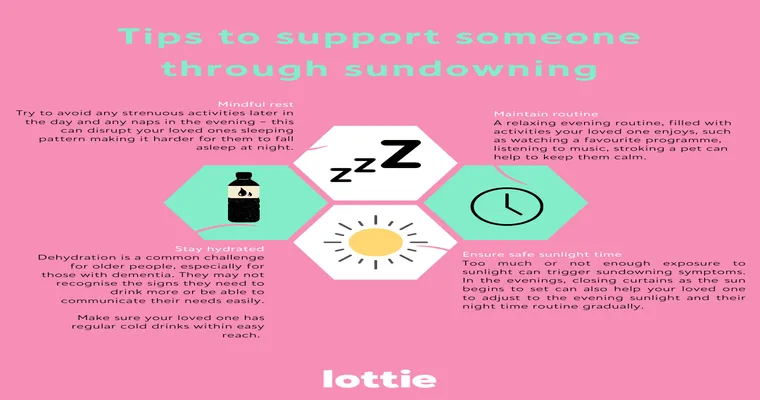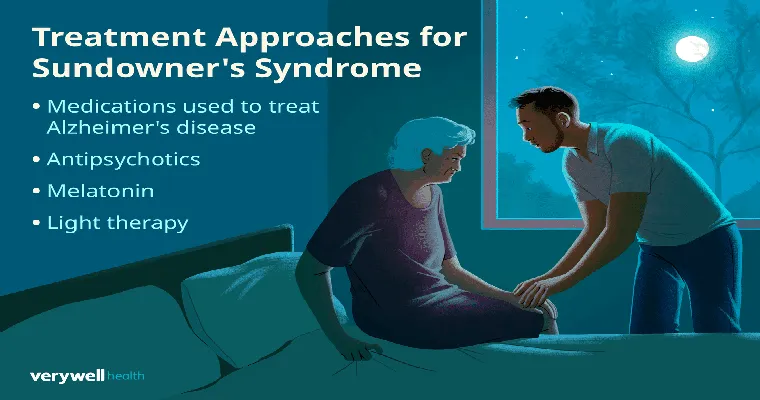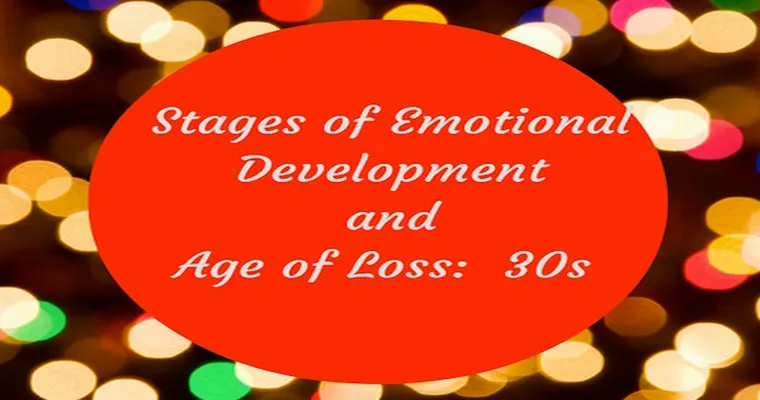"Sundowners", also known as "sundown syndrome", is a phenomenon commonly observed in individuals with "dementia" and other cognitive impairments. This condition typically manifests in the late afternoon or early evening, leading to increased confusion, agitation, and anxiety. As the day transitions to night, caregivers and families often notice a significant change in behavior, making it crucial to understand the underlying mechanisms and effective strategies for management.
The exact cause of "sundowners" is not fully understood, but several factors may contribute to its onset. Changes in the environment, such as decreased natural light, can lead to disorientation. Additionally, fatigue from the day can exacerbate existing cognitive challenges. Individuals with "Alzheimer's disease" or other types of dementia may be more susceptible, as their ability to process information and adapt to changing situations diminishes.
Symptoms of "sundown syndrome" can vary but often include increased irritability, restlessness, and difficulty sleeping. Some individuals may experience hallucinations or delusions, while others may become withdrawn or uncommunicative. Recognizing these symptoms early is vital for implementing effective care strategies.
Management of "sundowners" involves a multi-faceted approach. Creating a calming environment during the evening hours can significantly reduce the likelihood of agitation. This may include dimming lights, playing soothing music, or engaging in gentle activities like reading or looking at familiar photographs. Establishing a consistent evening routine can also help individuals feel more secure and less anxious as night falls.
Communication is key when addressing "sundown syndrome". Caregivers should remain patient and empathetic, using simple language and maintaining a calm demeanor. Encouraging open dialogue, even if the individual struggles to communicate, can foster a sense of connection and understanding.
In some cases, medical intervention may be necessary. Consulting with healthcare professionals can help determine if medication is appropriate to alleviate severe symptoms associated with "sundowners". It is essential to explore all options and tailor an approach that best suits the individual's needs.
In conclusion, "sundowners" is a complex condition that requires understanding, compassion, and strategic management. By recognizing the symptoms and implementing effective care strategies, families and caregivers can significantly improve the quality of life for those affected. Awareness and education about "sundown syndrome" will empower caregivers to navigate the challenges of this phenomenon with greater ease and confidence.





